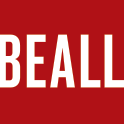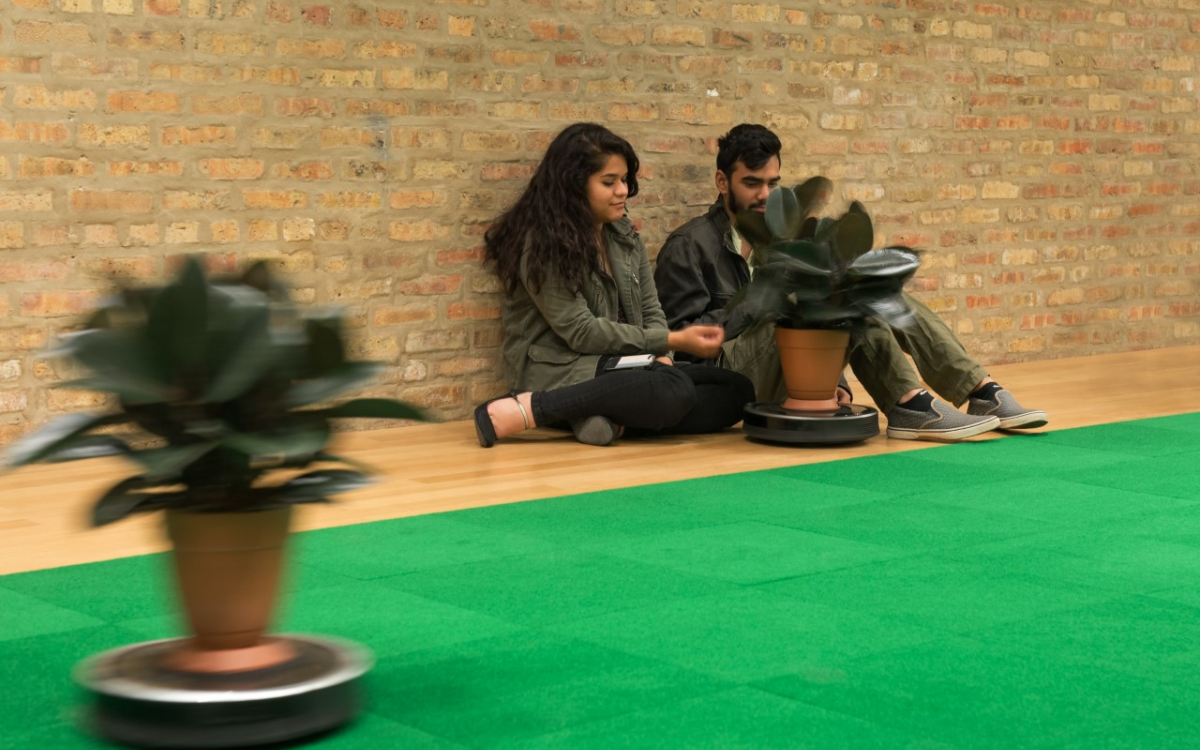What’s Automation Between Friends? with Katherine Behar
Would you ask a friend to do work you don’t want to do yourself? In automation, robots and other nonhuman devices perform labor that would otherwise have to be done by humans. This continues troubling histories of offloading unwanted work onto those considered less-than-human, including exploited people. Acknowledging these legacies, this lecture brings together examples of Behar’s artwork alongside episodes from media history and popular culture, all of which compel us to approach automation differently—as a matter of friendship.
We are familiar with popular media that portrays automation in extremes: either as liberating humans from work, or as dooming humans to unemployment. But in real life, automation isn’t all or nothing. Since work processes are often only partially automated, automation mostly increases the extent to which people must collaborate with machines, learning to interact with robotic technology in more nuanced, intimate ways. For Behar, automation between friends takes place in a more-than-human community that includes the technologies in our midst. Her artworks find opportunities to cultivate caring more-than-human relationships, solidarities, and friendships shaped by automation’s weird intimacies.
Katherine Behar is an artist and critical theorist of new media whose work explores gender, race, class, and labor in digital culture. In critical contexts spanning automated labor, mandated obsolescence, big data, and machine learning, Behar applies object-oriented feminism into practice in her art and writing. Her work connects feminist and antiracist postcolonial histories with a wave of new theories that grapple with the nonhuman object world. She is known for projects that mix low and high technologies to create hybrid forms that are by turns humorous and sensuous. Pera Museum in Istanbul presented Katherine Behar: Data’s Entry | Veri Girişi, a comprehensive survey exhibition and catalog, in 2016. Additional solo exhibitions include Backups (2019), E-Waste (2014), and numerous others collaborating as “Disorientalism.” Currently, Behar is developing an ambitious interactive robotic installation, Anonymous Autonomous, which received work-in-progress solo exhibitions at Robert Morris University and the University of Michigan and will premiere in an upcoming solo exhibition at the Beall Center for Art and Technology in 2024. Behar is based in Brooklyn and is Associate Professor of New Media Arts at Baruch College, CUNY.
Simon Penny is an artist, theorist and teacher with a longstanding focus on emerging technologies and on embodied and situated aspects of artistic practice. He has built interactive installations and robotic art since the mid 1980s. He explores—in artistic and scholarly work and technical research—problems encountered when computational technologies interface with cultural practices. Penny is currently Professor of Electronic Art and Design at University of California, Irvine.
Anteater Learning Pavilion (ALP), Room 1300









